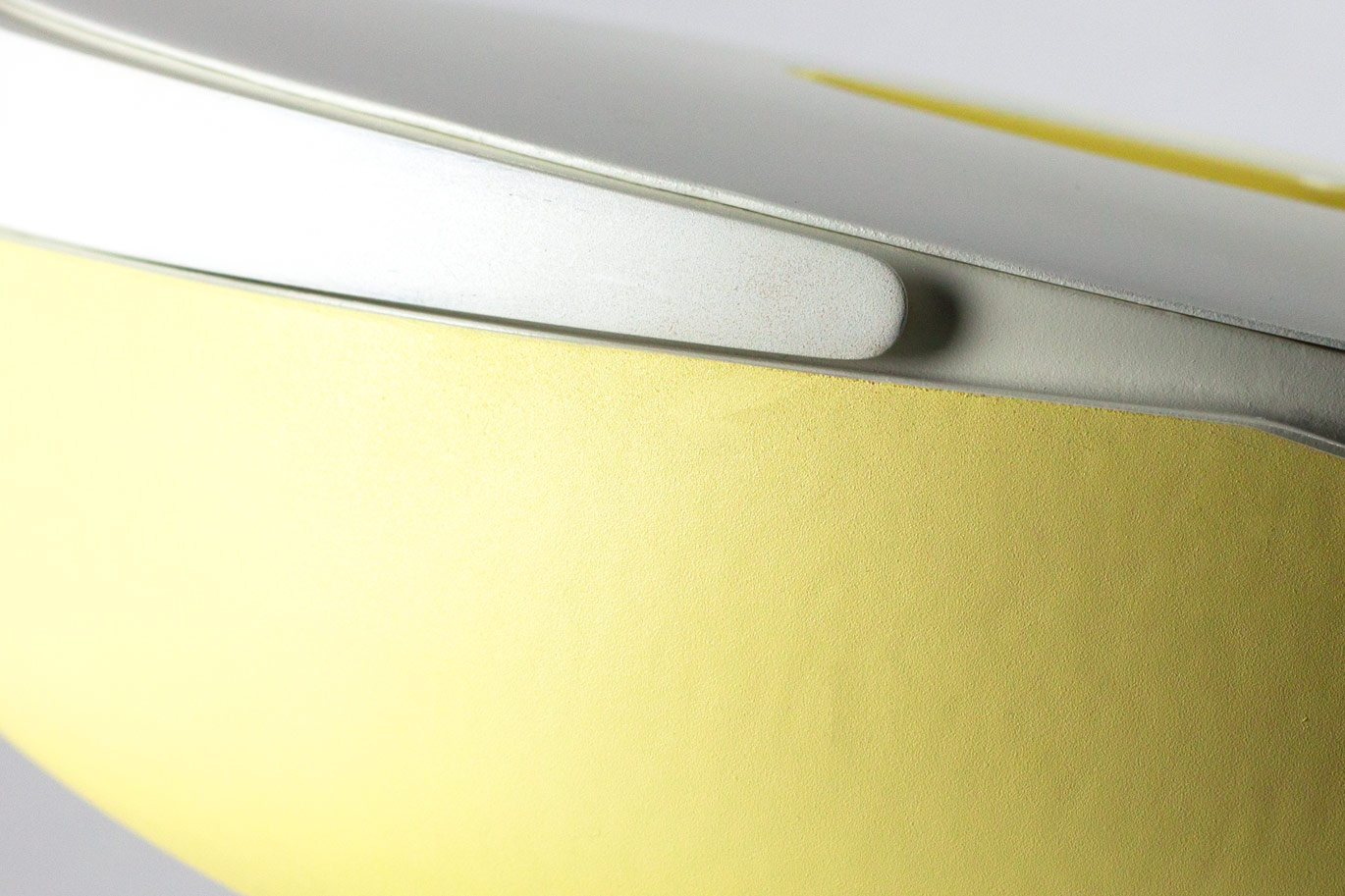- Winter 2019
Meeting Time:
MW 2:30pm - 5:20pm
Location:
ART 110
SLN:
10455
Instructor:
Catalog Description:
Introduces overlapping territories of art and social practice, the practice of Socially Engaged Art. Focuses on environmentalism, consumerism, economies, society and culture, activism, and the place for creative practice in our contemporary life.
GE Requirements:
Arts and Humanities (A&H)
Credits:
5.0
Status:
Active
Last updated:
August 2, 2019 - 9:01pm



